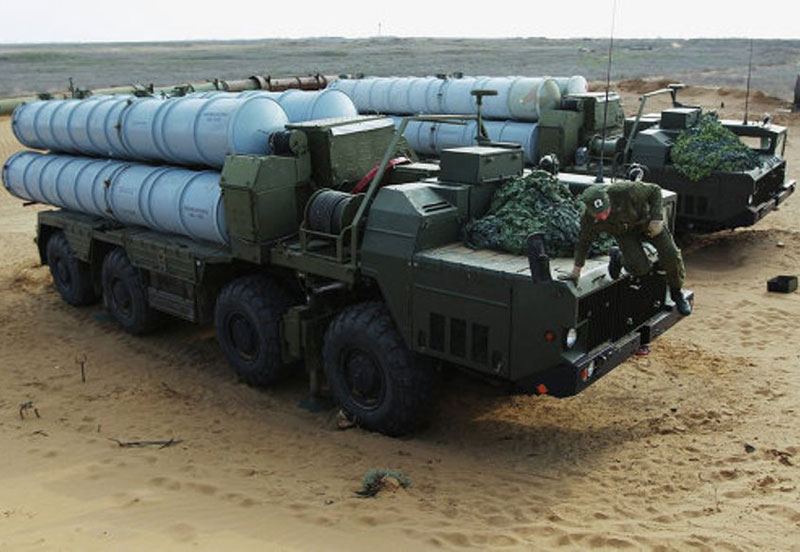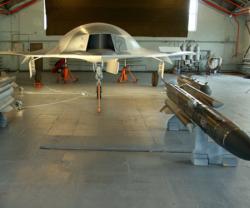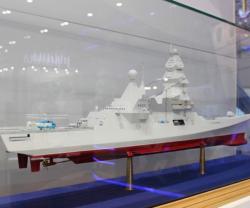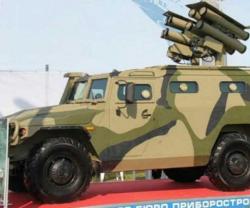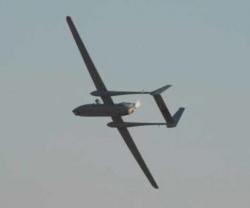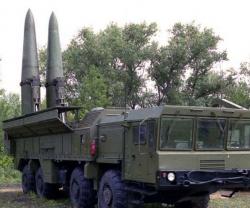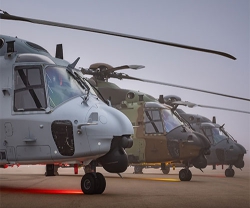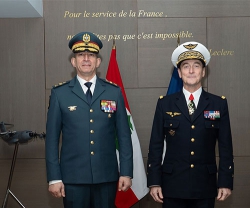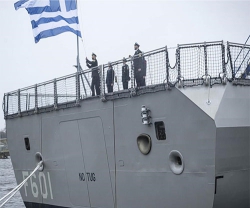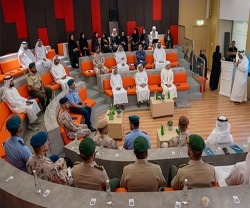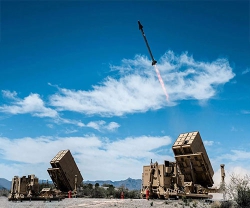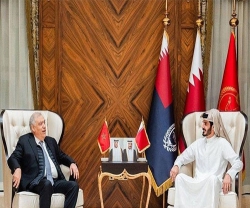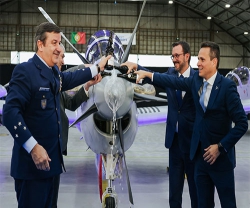About 8,500 Russian troops are taking part in military exercises near the border with Ukraine involving artillery and multiple rocket launchers, Reuters reported the Russian Defense Ministry as saying on Thursday.
A statement on the Ministry’s website confirmed that the exercises had begun at bases in the Southern Military District but did not say how long they would last.
The exercises are likely to cause concern in Ukraine because of the political standoff between Kiev and Moscow over Ukraine’s Crimea region, which is now in the hands of Russian Forces.
The drill also comes after a joint exercise involving U.S., Bulgarian and Romanian Naval Forces in the Black Sea, which started on Wednesday just across the water from the Crimean Peninsula.
The United States says the naval exercises were planned before the crisis in Ukraine.
But they send a message of resolve to NATO members nervous about Russia’s intentions in its former Cold War backyard, along with reconnaissance flights over Poland and Romania near the Ukrainian border and U.S.-Polish wargames.
Meanwhile, German Chancellor Angela Merkel warned Russia of “massive” long-term damage to its economic and political interests if it continued to violate international law with its seizure of Ukraine’s Crimean peninsula, AFP reported.
In a speech to Parliament looking ahead to a European Union Summit next week in which the 28-member bloc could impose new sanctions against Moscow, Merkel said Russia was using the “failed” expansionist tactics of the 19th and 20th centuries.
“If Russia continues its course of the last weeks, it would not only be a catastrophe for Ukraine,” AFP quoted Merkel as telling the chamber, where the Ukrainian Ambassador to Germany was also a guest.
“It would not only change the relationship of the European Union as a whole to Russia. No, it would also, and I am firmly convinced of this, massively damage Russia both economically and politically.”
Merkel said that in a year in which Europe is marking both the 100th anniversary of the start of World War I and 25 years since the fall of the Berlin Wall, Russia must learn from the mistakes of the past.
“You cannot turn back the clock,” she said.
“Conflicts of interest in the middle of Europe in the 21st century can only be resolved successfully if we do not employ the means of the 19th and 20th centuries.”
Merkel is widely seen as the EU’s most influential figure in the Crimea crisis but has been accused of reluctance to bring real pressure to bear against Russia due to Germany’s close trade ties with the country.
Source: Reuters; AFP

